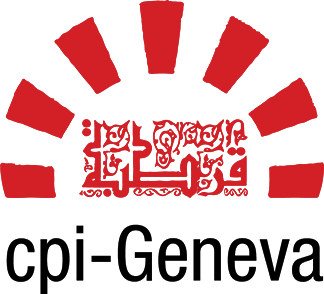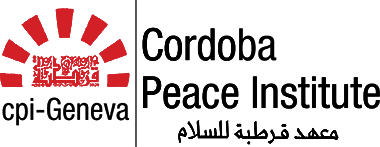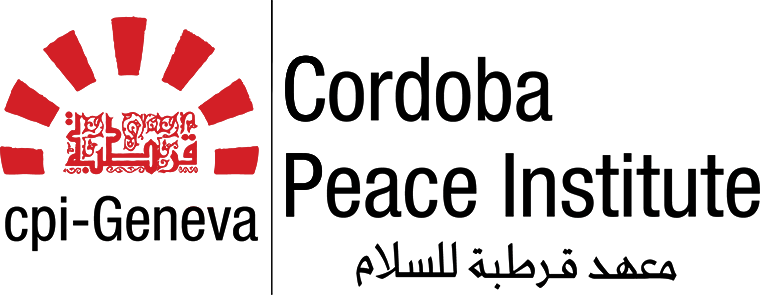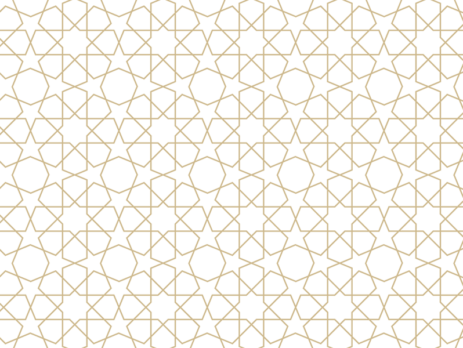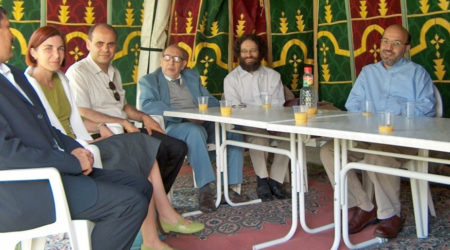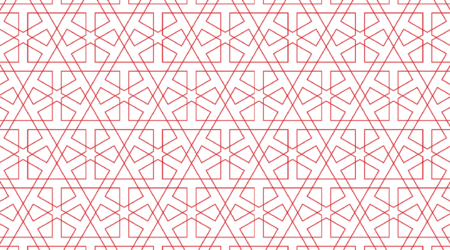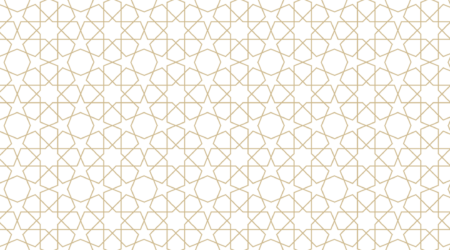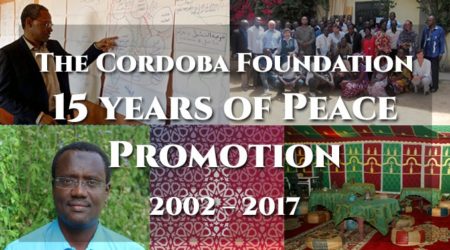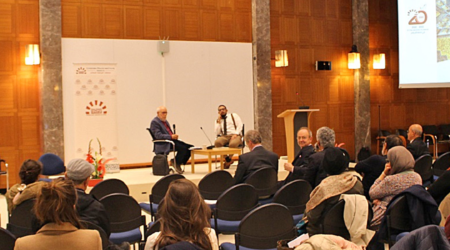Weekly Update 14-20.07.2014

1) MOROCCO
» 20.07.2014 : La solidarité avec Palestine remobilise la Rue au Maroc
Un peu plus de 100.000 manifestants à Rabat, dimanche 20 juillet, a manifesté en solidarité avec les palestiniens et contre la guerre à Gaza.
http://www.yabiladi.com/articles/details/27890/rabat-forte-mobilisation-lors-marche.html
2) LIBYA
» 14.07.2014: Bloody Stalemate in Tripoli and Benghazi Continues
The bloody confrontation between the Zintan Qaaqaa and Sawaiq militia on one hand, and the 17 February Revolutionaries Libya Shield on the other hand, continued throughout last week, with an intensification of clashes over the weekend. In Tripoli, the Misrata Central Shield deployed additional forces and weapons with a view to ousting the Zintan militia out of Tripoli International Airport, which is still under their control. In Benghazi, the picture is similar; the clashes continued between Hafter’s loyalists and the 17 February brigade. Benghazi airport was closed and all the districts around it plunged in darkness following the shelling of a power station in the area. Politically, observers think a peaceful solution to the crisis is unlikely, and all indications point towards escalation. The newly elected parliament is unlikely to convene this week as planned given the conditions. Two former members of the GNC have been kidnapped and the Zintan Sawaiq militia claimed responsibility for kidnapping Suleiman Zoubi and posted his picture on their Facebook page and news outlets close to Hafter and Mahmoud Jibril. All this escalation is happening against the backdrop of fierce media propaganda over the satellite TV channels of both camps.
http://www.alwasat.ly/ar/news/libya/28053/
3) TUNISIA
» 13.07.2014: Tunisian Government Decrees Drastic Anti-Terrorism Measures
Following the killing of 14 Tunisian soldiers on Mount Chambi on the border with Algeria PM Mahdi Jouma convened a crisis taskforce which responded with a set of drastic measures. The crisis taskforce decided to close down all mosques that are not under the Ministry of Religious Affairs’ control. Radio Al Nour FM, and Al Inssan TV channel were also closed down. Besides, all associations which were involved in anti-terrorism investigations have been suspended and placed under further investigation. The Interior Ministry spokesperson announced on Sunday night that 63 persons including Moukram Al Moulhi (founder of Okba Ben Nafia armed group) were rounded up in Sidi Bouzid, El Kaf and Al-Kessrine. Another group of 16 persons was arrested for “celebrating” the killing of the 14 soldiers and incitement to religious extremism. On Friday, Ennahdha declared the attack a “terrorist” one and called for marches across Tunisia to condemn Thursday’s carnage. Mixed reactions followed the government’s security measures; Naji Al Baghouri, dean of Tunisian Journalists Guild, said that the war on terror should not be a pretext to clamp on freedoms. Al Baghouri added that closing down TVs and radios is the mandate of the High Independent Commission for Audi-Visual Affairs and not the governments. Baji Caid Sebssi, leader of NidaTounes, said “one should not talk of freedoms when it is about people who kill”.
http://www.lapresse.tn/21072014/85767/fermeture-des-radios-ennour-et-al-insan.html
http://www.ennahdha.tn/ennahdha-party-statement-chaambi-terrorist-attack
http://www.lapresse.tn/21072014/85766/il-ne-faut-pas-parler-de-libertes-quand-il-sagit-de-personnes-qui-tuent.html
4) EGYPT
» 13.07. 2014 : L’échec de l’initiative égyptienne de AbdelAlfatah Sissi
L’initiative égyptienne de cesser le feu à Gaza connais un échec, car le régime égyptien n’avait pas consulté Hamas. La non obtention de l’accord de Hamas était prévisible parce que, le blocus de la bande de Gaza à l’époque du Sissi est assez différent de celui à l’ère de Moubarak. Sissi ne se contentait pas de fermer le passage de Rafah, ou de détruire les tunnels, mais dépassait tout cela en considérant le Mouvement « Hamas » comme « une organisation terroriste ». Des observateurs pensent que cela entre dans le pari de Sissi d’éliminer Hamas afin que Mohammed Dahlan remporte le pouvoir. Mais la résistance de Hamas et ses tirs de roquettes continus ont poussé Netanyahu de recourir à l’offensive terrestre, qui s’annonce désastreux après la mort de 25 soldats israélien et la prise en otage possible d’un soldat.
En revanche, l’initiative de l’ancien président Mohamed Morsi en novembre 2012, permettait une trêve entre les deux parties pour établir un cessé le feu. Ainsi, le coup d’état militaire semble avoir mis fin à une lueur d’espoir provenant de l’Egypte dont la diplomatie au Moyen-Orient avait besoin.
Ainsi, la visite de Ban Ki Moon au Qatar entre dans le processus de médiation, en reprenant l’initiative de Qatar et de la Turquie qui se base sur l’initiative de 2012 de Mohammed Morsi. Des figures proches de cette initiative pensent que les déclarations de Barak Obama qui énoncent que la mission de John Kerry est d’obtenir un cessé le feu qui tient en compte les engagements pris en 2012, et non pas l’initiative du Sissi, est une humiliation dissimilée au Caire.
http://www.alaraby.co.uk/politics/dfd5da6a-84a0-4322-b111-df35ec71647a
http://www.aljazeera.net/knowledgegate/opinions/2014/7/16/
http://www.raialyoum.com/?p=125032
5) YÉMEN
» 16. 07. 2014 : Les tentatives saoudiennes en vue de rattraper leurs échecs stratégiques :
Après la prise d’Amrane (30 à 50 Km de la capital Sanaa) par les Houthi, l’Arabie Saoudite se précipite pour réparer l’alliance entre le Congrès Populaire Général (du l’ancien président Ali Abdellah Saleh) et le parti Alislah (Frères Musulmans). Riad souhaite par cela atteindre deux objectifs : d’un côté, affaiblir les Frères Musulmans, et d’un autre côté, ralentir l’offensif Houthi. Les fuites dans les médias ces derniers jours sur le retour imminent de Haider Aboubaker al-Attas, l’ancien président du Sud-Yémen avant la réunification en 1990 rentre peut être dans ces arrangements. Avec l’extension des opérations de Houthi vers la province du Djaouf considérée comme le dernier bastion du parti Alislah, ce dernier semble en pleine perte de contrôle. Ceci vient de s’ajouter à leurs échecs après la défaite de leurs alliés à savoir la brigade 310 à Amrane et la perte d’influence de la tribu Hashed, l’un de leurs principaux alliés.
http://www.yementimes.com/en/1799/news/4104/Clashes-in-Al-Jawf-as-9th-Brigade-takes-up-positions-in-Hamdan.htm
http://www.yementimes.com/en/1799/news/4113/Islah-moves-closer-to-GPC-in-light-of-recent-Houthi-expansion.htm
6) MAURITANIA
» 19.07.2014: The UAE Enlists a Mauritanian Scholar to Counter-Balance Qaradawi’s League
The UEA has announced the establishment of a new gathering of Islamic jurisprudence scholars to be based in Abu Dhabi. The Mauritanian renowned scholar Sheikh Abdellah Ben Beiah heads this new Council of the Wise Muslims, as it was called. Ben Beiah was until last December the vice president of the Union of Muslim Scholars which is headed by Sheikh Yusuf al Qaradawi. Ben Beiah resigned then reportedly because of divergence on the mission of the Union of Scholars and its taking of position in the political changes sweeping the Arab world since 2011. It is reported the sheikh of Al Azhar, Ahmed Tayeb, would hold the honorary presidency of this new Emirati council. Tayeb has backed the military coup in Egypt, and has endorsed General Al-Sisi’sclaims to have received indications of divine blessing.
http://t.arabi21.com/Story/763347
7) MALI
» 16.07.2014: Intra-Malian Talks Stumble at First Round in Algiers
Despite the upstream preparatory work (15 May Algiers Agreement, exchange of prisoners between rebels and Bamako) performed by Algiers before the direct talks between the different rebel Azawad movements and the Malian governments, the first round of talks which kicked off in Algiers last Wednesday stumbled over the issues of the objectives and framework of the negotiations. While Bamako, represented by it foreign minister Diop, ruled out any discussion of self-rule or full autonomy, the MNLA together with three other movements insisted on it. The talks had to be suspended because the MNLA withdrew from the talks as it also contested the participation of other Azawad movements (MAA, CPA, HCUA, CM-FPR, and another wing that defected from the MAA) in the negotiations. A month ago, the Azawad movements signed the Algiers Agreement in which they agreed toa common joint platform for peaceful resolution of the conflict. The MNLA did not sign the agreement. This first setback comes as no surprise then. Algiers, however, remains optimistic that it could broker an agreement.
http://youtu.be/jVElqwhKO_s?list=UUdTyuXgmJkG_O8_75eqej-w
http://www.aps.dz/algerie/9253
http://ani.mr/?menuLink=9bf31c7ff062936a96d3c8bd1f8f2ff3&idNews=25330
8) NIGER
» 18.07.2014 : Dix dirigeants d’ONG interpellés avant la venue de François Hollande
Dix dirigeants du collectif d’ONG « Sauvons le Niger » ont été interpellés par la police le matin du vendredi 18 juillet, le jour de l’arrivée du président français François Hollande en visite à Niamey. Ils ont été libérés le même jour à 18h.
http://news.aniamey.com/h/18819.html
9) TCHAD
» 19.07.2014 : Hollande au Tchad pour installer l’opération Barkhane
Après Abidjan et Niamey, le président français a visité, samedi 19 juillet, N’Djamena où doit être basé l’état-major de la nouvelle force permanente de 3.000 hommes, baptisée “Barkhane”. Il s’agit d’un nouveau dispositif, qui succède à l’opération “Serval” lancée le 11 janvier 2013 au Mali.
» 16.07.2014 : Enquête de MSF sur la situation sanitaire des réfugiés centrafricains
Une enquête de mortalité rétrospective de Médecins Sans Frontières (MSF) sur les réfugiés centrafricains au Tchad et au Cameroun.
The views and perspectives contained in the Weekly Update are from individual contributors and external sources, and do not necessarily reflect the opinions or position of the Cordoba Foundation of Geneva. The links are neither intended as an endorsement of particular publications nor the only source for the updates, but to connect to information in the public domain, for those interested in background or further details.

